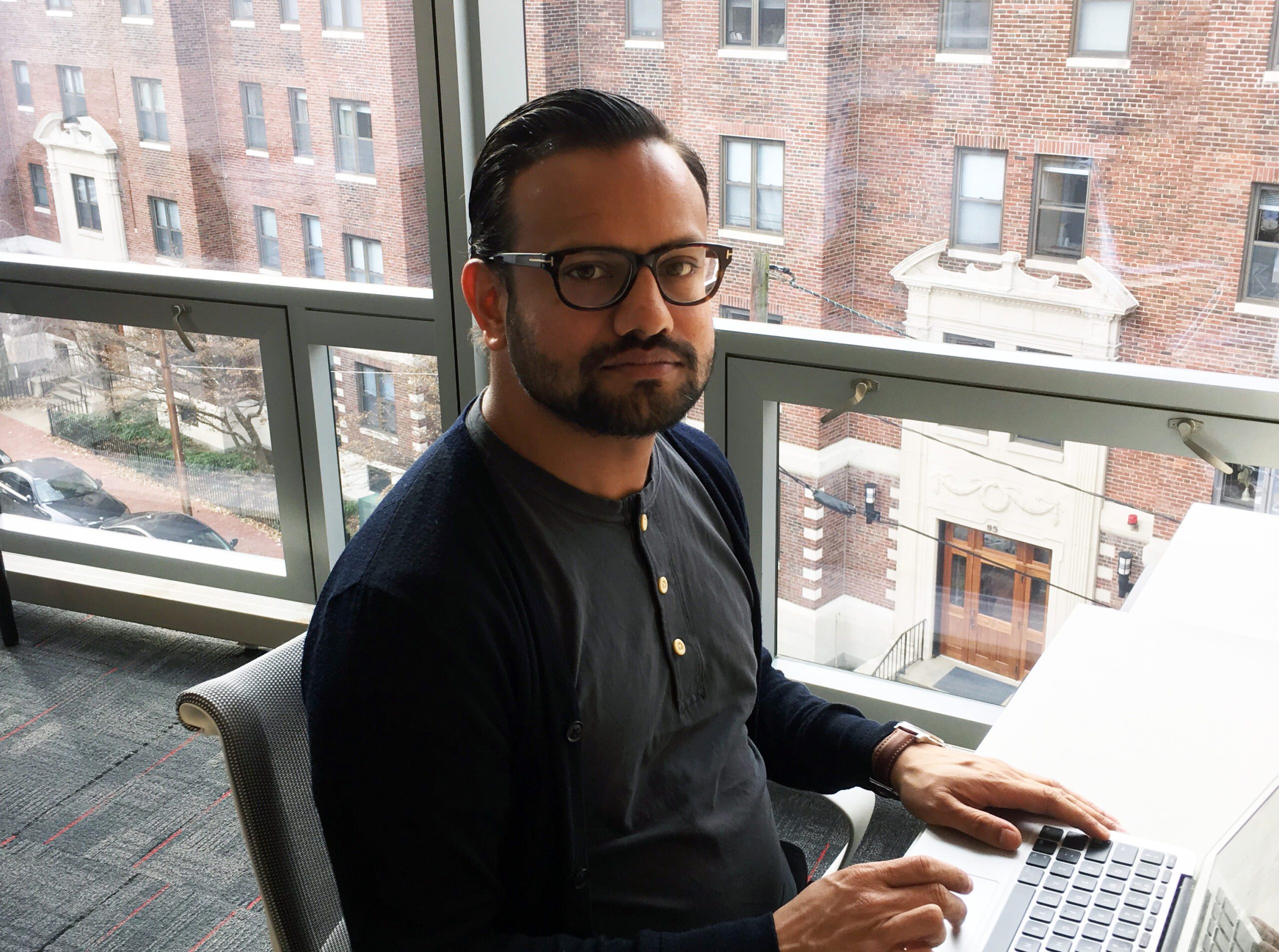SAI Communications Intern, Sheliza Jamal, interviewed our Communications Affiliate, Hasit Shah, about his background, journalism career and current work at SAI.
Can you tell me about your background?
I was born and raised in the UK, my parents are from Kenya, and we are of Indian origin.
If people ask me where I am from, I can only say that I am from London. It is like New York City in that it exemplifies what it means to be a person of multiple identities; it is a place where people of different backgrounds and origins live side by side.
My culture is, accordingly, a mix of many different things. I grew up in an Indian house, eating Indian food, speaking Gujarati with Swahili and English words thrown in. I am also into football – Liverpool and John Barnes, of course – and I’m a huge Prince fan. Growing up in a place like London, you have many influences that you can choose to reject or embrace.
Why did your family immigrate to the UK?
When Kenya gained independence from Britain in 1965, people of Indian origin were encouraged to leave. Many of them chose to go to the UK because they had British passport connections. My father immigrated to the UK in 1966 as a very young man and my mother moved a few years later when the real exodus happened. My parents met in London.
What sparked your interest in colonialism and the history of India?
It is the story of where I come from. I am a product of two very substantial migrations: my grandparents, young and barely literate, moved to East Africa in the early 20th century. My parents went to the UK, years later. These are not simple transitions. It has always been important for me to know as much as I can about these histories.
How does your identity influence your work as a journalist and at SAI?
I wanted to be a journalist to see the world and write about it. After I’d gained two or three years of solid newsroom experience in London, the BBC began to regularly deploy me to India and eventually, I became based out there. I covered conflict, including the Mumbai attacks, violence in Kashmir and the war in Afghanistan; natural disasters and elections; cricket and Bollywood. It helped that I can speak a South Asian language, look like a local and understand the culture.
And although I had a lot of curiosity about my roots in the region, I also think it is just a fascinating part of the world. For many journalists, places like South Asia are magnetic. They are the places where the best and worst of humanity exist. Working in London was simply not as exciting as going to Delhi or Kabul.
How did you start working at SAI?
I came to Harvard as a Nieman-Berkman Fellow in 2013. My research was about the expansion of internet access in the region and its impact on the dissemination of news and information.
SAI seemed like the natural home for me because of its global, South Asian outlook and strong research focus on diaspora and migration. At SAI, I work with the program teams, Directors and the Steering Committee on media projects, such as podcasts of our seminar series and interviews with truly fascinating scholars, to try and bring as much of the Institute’s work as possible to the wider public beyond Harvard.
The conversation has been edited for length and clarity.

